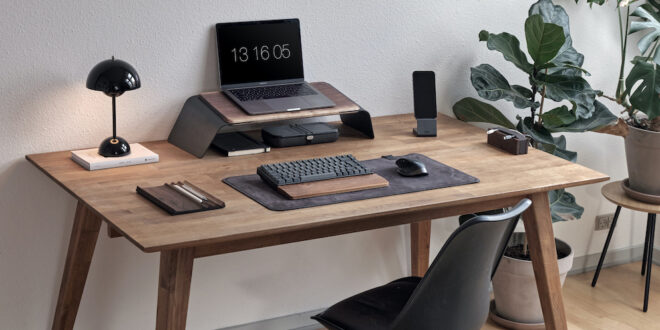Published with permission from Steadfast.
Kiwis are increasingly working at home, with recent data from Stats NZ showing over a third of us want to work from home at least part time.
There are many reasons why people might want (or need) to work from home. There are 16% of New Zealand parents who say working from home helps them balance child care needs. There are many different ways to approach working from home and some people run their own businesses at home. Others have had to negotiate working part time, from home, with their employer, and there is a further group who works for their employer full time at home.
“As a result, it’s important to make sure the cover limit in your insurance policy on the assets you use to conduct work from home is adequate”
Whatever way someone works, there can be different insurance implications for people choosing to work from home. Michael White, Steadfast’s broker technical manager, explains what some of those are.
“Home and contents policies do provide some cover for people who work from home, although it’s usually limited to the assets you’re using to do the work. Usually, a computer is the main asset and this is typically covered by your home policy, with a limit of about $10,000,” he says.
Because of this, it’s important you ensure your insurance policy cover limit is adequate to cover any of the assets you need to work from home.
White says: “In contrast to a commercial insurance policy, which may be negotiated, this is not the case with home and contents policies, whose limits cannot be negotiated.”
For example, if you have insurance for a computer at home to the value of up to $11,000, you may not be able to arrange for higher cover of, say $19,000, even if your business assets equal this amount. This has complications for a business that operates with a higher asset value from their home.
For instance, if someone is operating a hairdressing salon from home, their home and contents insurance may not provide insurance for high value items like basins and chairs, if they are over the limit in the insurance policy. In this instance, the owner might want to consider purchasing business insurance, which would likely have more comprehensive cover.
While home and contents insurance may include some insurance for tools of the trade, it won’t cover personal and professional liability.
“So, if people are operating a business from home, they need to take out a separate liability cover for that business,” explains White.
If you’re working at home, it’s advisable to make sure your home and contents policy covers you for important items like the computer you conduct business on. If operating a business from home, it would pay to ensure you have liability insurance as well. This provides protection for something like a courier delivering documents to your home and then having an accident (like tripping over the cat!) while dropping of the envelope.
If you would like any further information, or to arrange liability insurance, contact High Street Insurance Brokers who have a wealth of knowledge to ensure you’re protected.










Join the Discussion
Type out your comment here:
You must be logged in to post a comment.